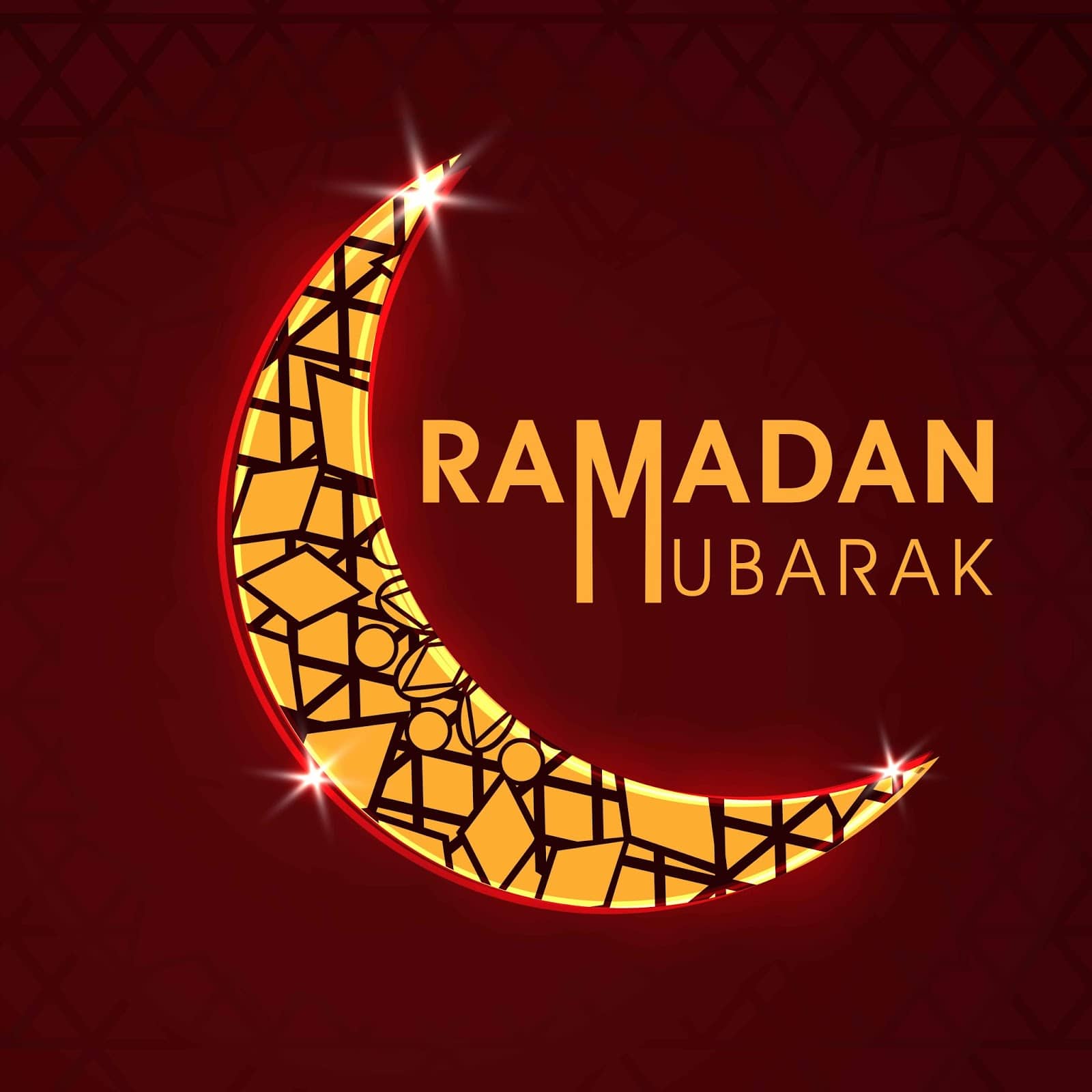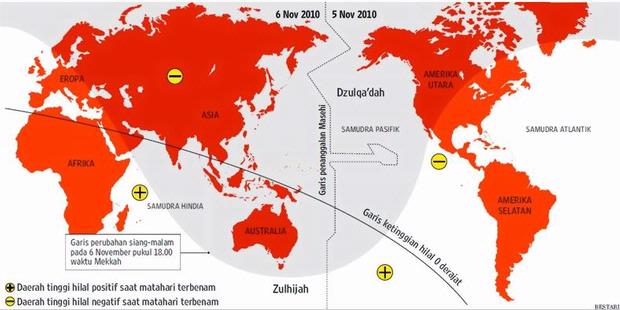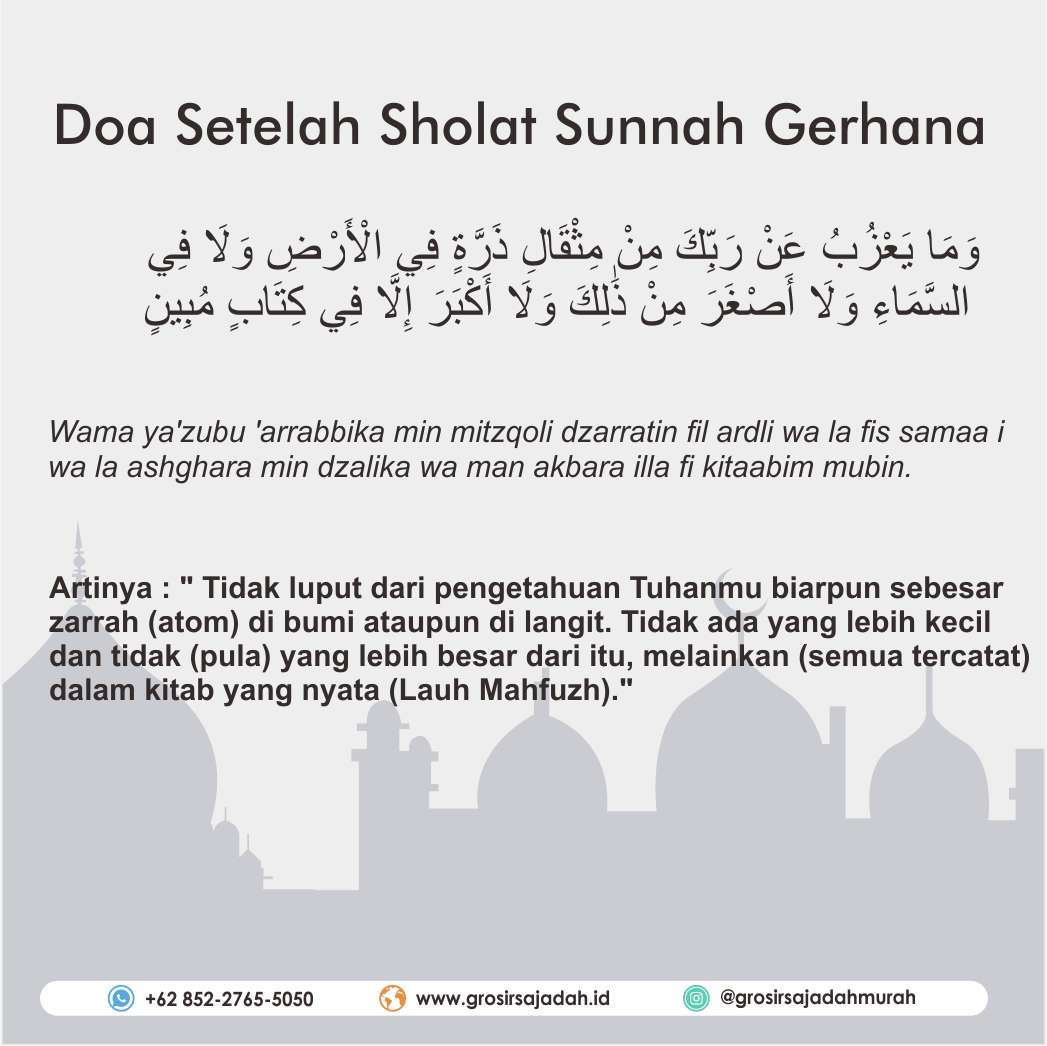Ramadan, the ninth month of the Islamic lunar calendar, is a time of deep spiritual reflection, self-improvement, and heightened devotion for Muslims around the world. It is known for its central practice of fasting from dawn until sunset, which is observed by millions to cultivate taqwa, or consciousness of God.
The Significance of Ramadan
The significance of Ramadan lies in the belief that it was during this month that the first verses of the Quran were revealed to the Prophet Muhammad over 1,400 years ago. This makes Ramadan not only a period of physical abstinence but also a time for spiritual renewal and increased religious fervor.
Fasting: More Than Abstinence
Fasting during Ramadan, known as Sawm, is one of the Five Pillars of Islam and is mandatory for all adult Muslims, with exceptions for those who are ill, traveling, elderly, pregnant, breastfeeding, diabetic, or menstruating. The fast entails refraining from eating, drinking, smoking, and marital relations from pre-dawn (Suhoor) to post-sunset (Iftar). However, it’s more than just abstaining from physical needs; it’s a time for purifying the soul, practicing self-discipline, and empathizing with the less fortunate.
Ramadan Around the World
In 2024, Ramadan began on the evening of March 10 and will conclude at sundown on April 9. The length of the daily fast varies globally, ranging from 12 to 17 hours depending on geographical location. In regions where the sun does not set for an extended period, such as in Longyearbyen, Norway, Muslims may follow the fasting hours of Mecca or the nearest Muslim country.
Community and Charity
Ramadan is also a time of community and charity. Muslims are encouraged to share their meals with others and engage in increased charitable activities. The act of giving, known as Zakat, is another Pillar of Islam and takes on greater significance during this holy month.
Eid al-Fitr: The Celebration of Breaking the Fast
The end of Ramadan is marked by Eid al-Fitr, a festive day where Muslims celebrate the completion of a month of fasting and worship. It is a day of communal prayers, feasting, and giving thanks to Allah for the strength given to complete the fast.
Personal Reflections on Ramadan
For many, Ramadan is a deeply personal journey. It’s a time to reset spiritually, to reassess life’s goals, and to strengthen family and community ties. The discipline of fasting serves as a reminder of the transient nature of human desires and the importance of gratitude and humility.
In essence, Ramadan is much more than abstaining from food and drink; it’s a journey of the soul towards a greater connection with the divine, a test of willpower, and a celebration of the blessings in one’s life.
Ramadan is a time for reflection, prayer, and community. It’s a period where the fast serves as a daily reminder of one’s faith, and the breaking of it, a celebration of life’s blessings. As the days of Ramadan pass, they leave behind lessons of patience, humility, and spirituality that resonate throughout the year.




